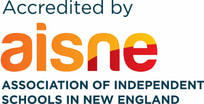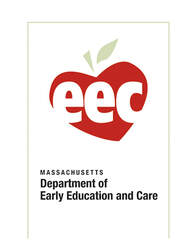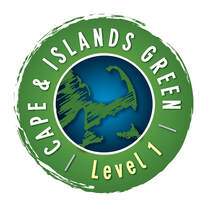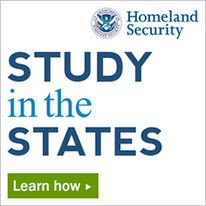PART THREE: MY VIEW AS A LEADER
I have been intrigued with how children experience their world for my entire career as a researcher and educator. I have enjoyed being both an unmotivated and unsuccessful student as well as an engaged and successful doctoral student at Harvard. While at Harvard, I was fortunate to be able to explore my interests in child development with some of the great educational theorists including Lawrence Kohlberg, Carol Gilligan, and Robert Coles. For the past thirty years, I have been lucky to connect theory and research to practical applications in real life educational settings. My experience has shaped my educational philosophy both as a researcher and practitioner.
As an educational leader, I am committed to a number of interconnected principles that influence how I view child development, pedagogy, and institutional advancement. At the core of any great institution is the belief in its own unique mission. There can be no compromise here because at the deepest level our mission drives all that we do and all that we accomplish.
I believe education needs to value the natural development of children and understand that learning and human development takes place within the context of relationships and communities. Recent research indicates that a school’s sense of community is defined by people feeling known, needed, cared for, and having an authentic opportunity to shape their learning environment. This trumps all other factors in influencing student performance. My work with Lawrence Kohlberg, Robert Coles, Robert Selman, and Carol Gilligan at Harvard University taught me the importance of community in the life of a school. The school environment provides a rare and powerful opportunity to connect and relate to children through important development epochs in their life.
I also believe learning communities need to appreciate that people are different physically, socially, psychologically, as well as intellectually. Research suggests that schools must create learning environments that reflect and support differentiated teaching and learning. This is as true for struggling students as it is for those bound for Ivy League schools. We need to celebrate differences and embrace the works of Howard Gardner, Robert Sternberg, Daniel Pink, and others as we design our curriculums for 21st century teaching and learning.
Great schools understand the value of utilizing all educational mediums to deliver their mission. The local towns, natural everyday events, academics, arts, athletics, technology, service, and music are important mediums through which we understand and relate to our students.
We now live in a global world, one that will pose complex economic and political, as well as environmental challenges, to our students. And as Daniel Pink outlines in his seminal book, A Whole New Mind, our schools and curriculums need to promote a set of core competencies including leadership and innovation that will prepare them for these
new challenges. I believe the future lies with those who can quickly learn, relearn, and adapt and with schools that harness high levels of intrinsic energy within students by creating space for risk, challenge, and adventure in the curriculum.
Schools measure what they believe to be important. Now more than any other time in our history, schools need to be accountable to current research in how children learn and the best practices of education. Educational institutions can lag research by twenty years. Successful learning organizations are connected to best practice research and can provide data-driven proof that their programs do in fact offer a value-added product that is worthy of the family's investment. Toward these ends, schools must provide an environment that motivates all community members to grow as professionals.
As a leader, I view myself as a choreographer of people. I prefer to lead alongside people, supporting and encouraging their vision and progress. I view dialogue, humanity, collaboration, and transparency as important components in the building of teams. I also know when it is time to say, "Dig here." I believe in a total human development approach to global education that understands the value of community, appreciates that all people by nature learn differently, and people are intrinsically motivated by experiencing autonomy, mastery and purpose as they live, learn, and work. The leader’s role is to coordinate the many stakeholder groups around a set of principles, always offering an aligned vision for the future.
It is our responsibility as educators to prepare our students to be good people, people who are equipped to live, love, compete, and collaborate in a brand new world. Our future workers will inherit a world where their co-workers will speak a different language and will have grown up in areas of the world much different than their own. Our students will be asked to solve complex problems that may never have been discussed in class. If they are lucky, when they begin their careers they will be asked to travel to somewhere in world they have never been before; sent by their companies to figure out how their services or products might work in a new country. Our future global thinkers will live and work alongside others who have been preparing for globalization since first grade. Our job is to develop lifelong leaders who can visualize, empathize, synthesize, and access their inter- and intrapersonal intelligences; creative types who will have some fun and find a way, morally, technologically, and lovingly, to change their world for the better. I deeply believe there is no greater calling than to be a teacher.





